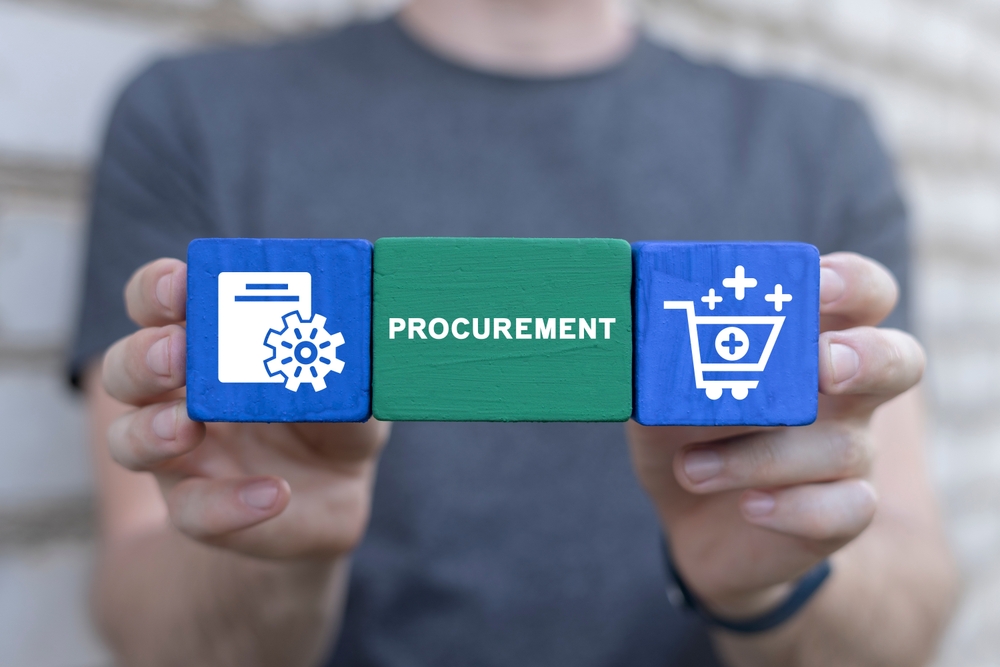

This course aims at the measurement of performance in logistics and financial results with the use of tools and techniques designed to assess efficiency and cost and their effects on the wider supply chain.
| City | Start Date | End Date | Fees | Register | Enquire | Download |
|---|---|---|---|---|---|---|
| Dubai | 23-06-2025 | 27-06-2025 | 4300 $ | Register | Enquire | |
| Bali | 07-07-2025 | 11-07-2025 | 4950 $ | Register | Enquire | |
| Dubai | 14-07-2025 | 18-07-2025 | 4300 $ | Register | Enquire | |
| Cairo | 21-07-2025 | 25-07-2025 | 3950 $ | Register | Enquire | |
| London | 28-07-2025 | 01-08-2025 | 6200 $ | Register | Enquire | |
| Milan | 04-08-2025 | 08-08-2025 | 6200 $ | Register | Enquire | |
| Kuala Lumpur | 11-08-2025 | 15-08-2025 | 4950 $ | Register | Enquire | |
| Istanbul | 18-08-2025 | 22-08-2025 | 4950 $ | Register | Enquire | |
| Dubai | 25-08-2025 | 29-08-2025 | 4300 $ | Register | Enquire | |
| Casablanca | 01-09-2025 | 05-09-2025 | 4950 $ | Register | Enquire | |
| Cape Town | 08-09-2025 | 12-09-2025 | 5600 $ | Register | Enquire | |
| Cairo | 15-09-2025 | 19-09-2025 | 3950 $ | Register | Enquire | |
| Amsterdam | 22-09-2025 | 26-09-2025 | 6200 $ | Register | Enquire | |
| Zurich | 06-10-2025 | 10-10-2025 | 5600 $ | Register | Enquire | |
| Kuala Lumpur | 13-10-2025 | 17-10-2025 | 4950 $ | Register | Enquire | |
| Madrid | 20-10-2025 | 24-10-2025 | 6200 $ | Register | Enquire | |
| Singapore | 27-10-2025 | 31-10-2025 | 5500 $ | Register | Enquire | |
| Kuala Lumpur | 03-11-2025 | 07-11-2025 | 4950 $ | Register | Enquire | |
| Cairo | 10-11-2025 | 14-11-2025 | 3950 $ | Register | Enquire | |
| London | 17-11-2025 | 21-11-2025 | 6200 $ | Register | Enquire | |
| Amsterdam | 24-11-2025 | 28-11-2025 | 6200 $ | Register | Enquire | |
| London | 01-12-2025 | 05-12-2025 | 6200 $ | Register | Enquire | |
| Dubai | 08-12-2025 | 12-12-2025 | 4300 $ | Register | Enquire | |
| Amsterdam | 15-12-2025 | 19-12-2025 | 6200 $ | Register | Enquire | |
| Cairo | 22-12-2025 | 26-12-2025 | 3950 $ | Register | Enquire | |
| Casablanca | 29-12-2025 | 02-01-2026 | 4950 $ | Register | Enquire |
This coursework on Logistics Performance and Financial Measures provides participants with essential tools for optimizing logistics operations and enhancing financial performance within their organizations. Engage in a dynamic learning module designed for professional certification in the evolving field of logistics management.
Participants will learn to manage logistics activities while effectively tracking financial performance metrics. This training focuses on practical aspects and case studies, allowing learners to evaluate organizational performance, identify issues in performance indicators, and address financial oversights. By mastering these elements, professionals will be better equipped to handle logistics management complexities and meet their organizations’ financial expectations.
By the end of this Logistics Performance and Financial Measures course, participants will be able to:
Unit 1: Introduction to Logistics Performance Measurement:
Unit 2: Transportation Management and Financial Optimization:
Unit 3: Warehouse Management and Cost Control:
Unit 4: Inventory Control and Financial Administration:
Unit 5: Distribution Network Optimization and Financial Modeling:



















